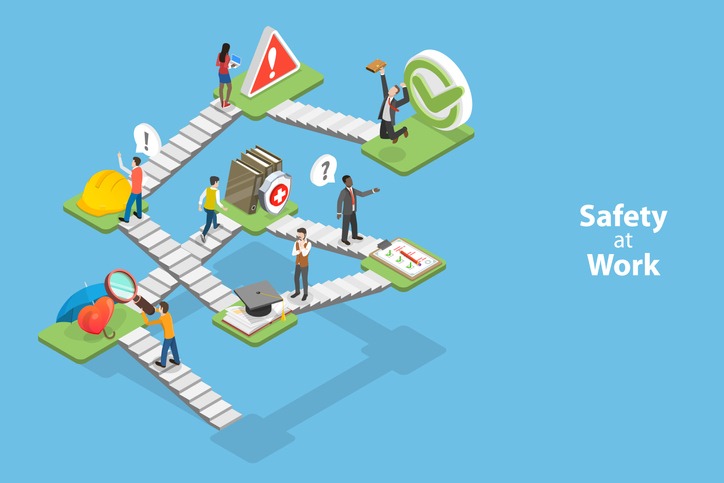
There’s no escaping the fact that in primary care, risk assessments are essential; in fact, they’re a legal requirement – but are you risking your rating with poor risk management?
CREDIT: This is an edited version of an article that originally appeared on Practice Index
One might assume that opinions and emotions should have no place in the process of conducting a risk assessment. Ideally, assessments should remain objective, grounded in facts, and follow a systematic procedure employing a predetermined template.
Nevertheless, it’s unlikely that all subjectivity can be entirely removed, as rating risk is profoundly influenced by individual perception. One person may gauge the likelihood as ‘very low,’ while a colleague might consider it ‘low.’
Acknowledging that a degree of subjectivity will persist, it’s worth noting that a significant portion of this subjectivity can be minimised through the involvement of a competent individual in conducting the risk assessment. Such an individual can ensure compliance with health and safety regulations, as defined by the Health and Safety Executive (HSE).
According to the HSE, a “competent person” possesses adequate training, experience, knowledge, and other requisite qualities to provide effective assistance.
The HSE also advises prioritising individuals within your practice who possess the necessary level of competence, including considering the employer themselves, before seeking external assistance. This means that entrusting the task to someone within your organisation is entirely acceptable.
Having addressed the HSE’s requirements, let’s consider the expectations of the Care Quality Commission (CQC). Insights gained from recent experiences and discussions with those well-versed in CQC matters reveal that there are concerns about the robustness, level of detail, and tendency for some risk assessments to be completed in a mere tick-box manner. Given that risk assessments are a vital component of workplace health and safety management, this lack of thoroughness is far from desirable.
So just exactly what is a robust risk assessment?
Maybe we need to rephrase that and ask – what makes for a suitable and sufficient risk assessment? Well, let’s start with the wording. When writing your risk assessment, do so in a clear and concise manner, avoid jargon, and keep it succinct. Make sure you take into consideration all the potential hazards associated with a particular risk. Have you involved those who might be affected by the risk, to gain not only their concerns but suggestions to reduce or remove the risk?
Does your risk assessment show that you’ve dealt with the most significant and obvious risks, and that all control measures (or mitigating actions) have been taken, and so far as is reasonably practicable, you’ve ensured that the residual risk rating is a low as possible?
HSE advise that “the level of detail in a risk assessment should be proportionate to the risk and appropriate to the nature of the risk”. Also, remember that you can’t anticipate unforeseeable risks. So, your risk assessments can only include what you can reasonably be expected to know.
What else should your assessment include?
It should explain what further action you need to take to control the risks, who is responsible for carrying out these actions, a target date for completion, and the date that the action was completed. Risk assessment done – just remember to review it regularly.
If you’re still uncertain about completing a suitable and sufficient risk assessment, have a look at the Risk assessment guidance document and also the Risk and issues guidance document.
Risk management is just one of the many hats practice managers must wear, unless they have the luxury of delegating the responsibility to one of the team. To ensure compliance and to satisfy both the HSE and CQC, there must be an effective risk management system in place. Afterall, “If you don’t invest in risk management, it doesn’t matter what business you’re in, it’s a risky business” (Gary Cohn)


Be the first to comment